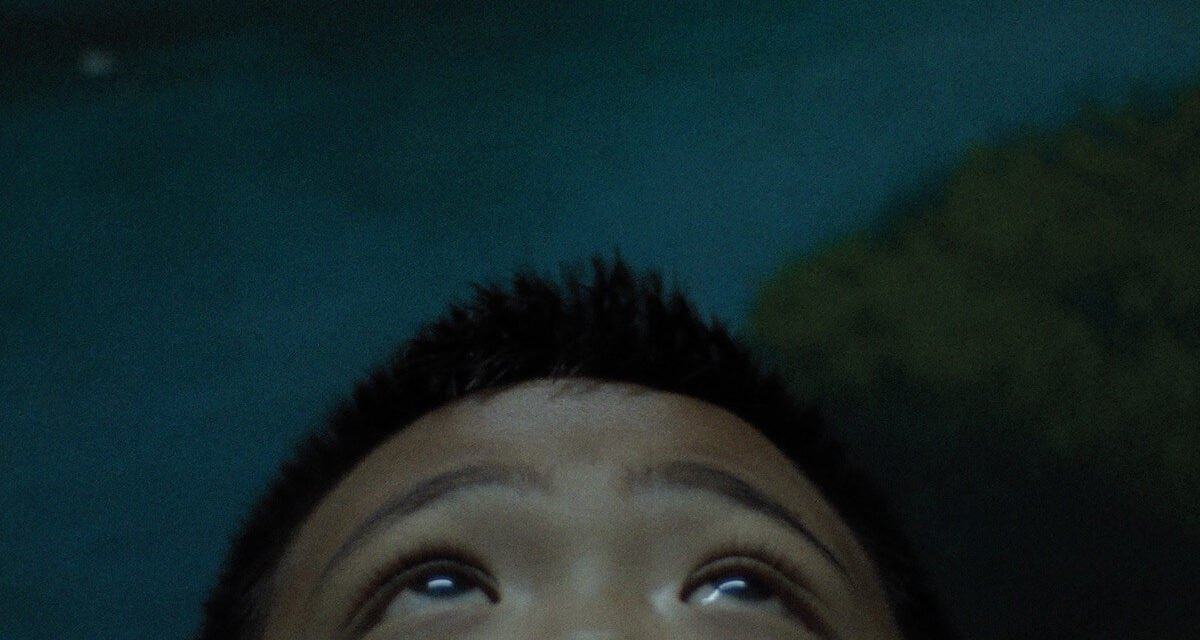
11 Kas ARTHOUSE AND INTROSPECTION: AN INTERVIEW WITH JACQUELINE LENTZOU
by Scout Tafoya
In just seven short films — including the recently lauded “Fox” (2016), “Hiwa” (2017), and “Hector Malot: The Last Day of the Year (2018)” — Jacqueline Lentzou has already made her aesthetic concerns and immutable talent quite clear. She finds, with a curious and empathetic camera, moments of oft unwelcome change and transition, the moments that reveal a lot about us that we perhaps wish had more import. The banality of adolescent totems, the sadness that preempts maturity, the loss of what we’ve taken for granted; these are the moments that define the Greek filmmaker’s impressive work. During a week of screenings that were a part of the Museum of Modern Art and Film at Lincoln Center’s New Directors/New Films Festival, I spoke with the filmmaker about how she coined her own language of discovery and tenderness.
Many of your movies make us feel like we’re eavesdropping on private moments no one else would think to share. Can you talk about developing the films’ language of intimacy?
Whenever I’m asked how I thought of something, I don’t have a good answer because it’s very instinctive in the short format, at least in the moment. I write visually; I think intimacy and the whole feel [of a film] are written out before they happen on set. My cinematographer is my best friend [Konstantinos Koukoulios], which is important; it correlates to the situations I try to depict in my films, the fact that I tend to work with people I know, with whom I’m intimate with myself. This comes out very, very naturally. It also comes from a decision I made early on, that I don’t like fixed cameras; I moved to handheld cinematography while still in school. All of our film exercises required fixed positions and tripods and I wasn’t feeling free at all. I learned then, around 2010, that I liked to have free movement. Camera movement reminds me of the way our eyes move. When I look at you, I don’t just look at you, I look behind you, and over there. I’m happy that you mentioned intimacy, it’s one of my aims to depict it, to have that be an organic aspect of the films. I want people to feel that they are there and that they share the moment, everything that happens.
It’s interesting to note the balance between your use of tripods and handheld movement. You don’t establish locations in the traditional way, you discover them in space after a chaotic moment. I’m thinking specifically of the scene in the church in “Hector Malot.”
I was thinking of the church as well! I like to create a relation that does the opposite of what establishing shots do. I’m not interested in telling the audience that now we are here. I’m interested in telling the audience that he or she is now like that in this mood; I’m more interested in the mood. I need wide shots as a breather. In [“Hector Malot”], I found it more interesting not to be aware of where she is exactly. In terms of blocking, when I have my wide shot, usually I move around a lot, back and forth, soft focus, hard focus — I feel I owe my audience something calmer, to somehow prepare them for what comes after. In “Hiwa,” the camera’s moving all the time. Even when I watch it now, I like aspects of it. It’s super shaky, and maybe if I added some more calm shots, it would be a more pacifying experience for the viewer, not so crazy.
“Hiwa” was the first film that I watched of yours, and I felt I was being primed for an avant-garde body of work. Certainly there’s a lot of experimentation in your other work, but it’s more that you use experimental ideas to tell linear, emotional stories, catching people right before adulthood sets in. How do you get films like this funded? I imagine trying to explain these in a treatment would be hard work.
I hate treatments. It’s not something I do well, it feels like housework; I have to do the dishes, I have to write a treatment. Thankfully for the most part in making short films, they don’t need a treatment, but I’m developing two features and it’s the first thing they ask for because they don’t have time to read the proper script. Treatments don’t convey what a filmmaker has in their mind; it’s just another document. For “Fox,” my only film to get funding from the Greek Film Centre officially, I wrote an application. They asked for the script, and they gave me 9000 euros. That’s nothing. Thank God I had a good producer who, out of nothing can do something. For “Hiwa,” which is a crazy film, I was commissioned by Athens Film Festival, along with six other directors, to show Athens in a different way. It was an open commission; they gave us 7000 euros for that. For “Hector Malot,” which happened out of our hearts, I had an urgent need to shoot last year because I could see there was going to be a delay with the feature film and I had to be on set doing something. Funding is hard. It’s cliché, but it’s a fact that you can be more creative and courageous with no money.


